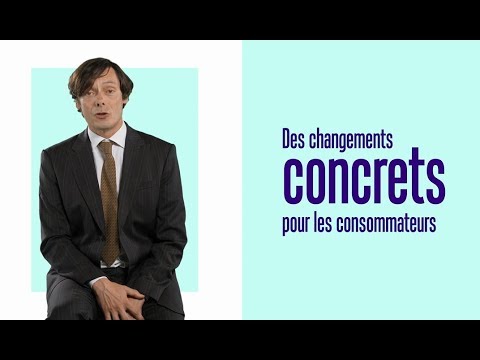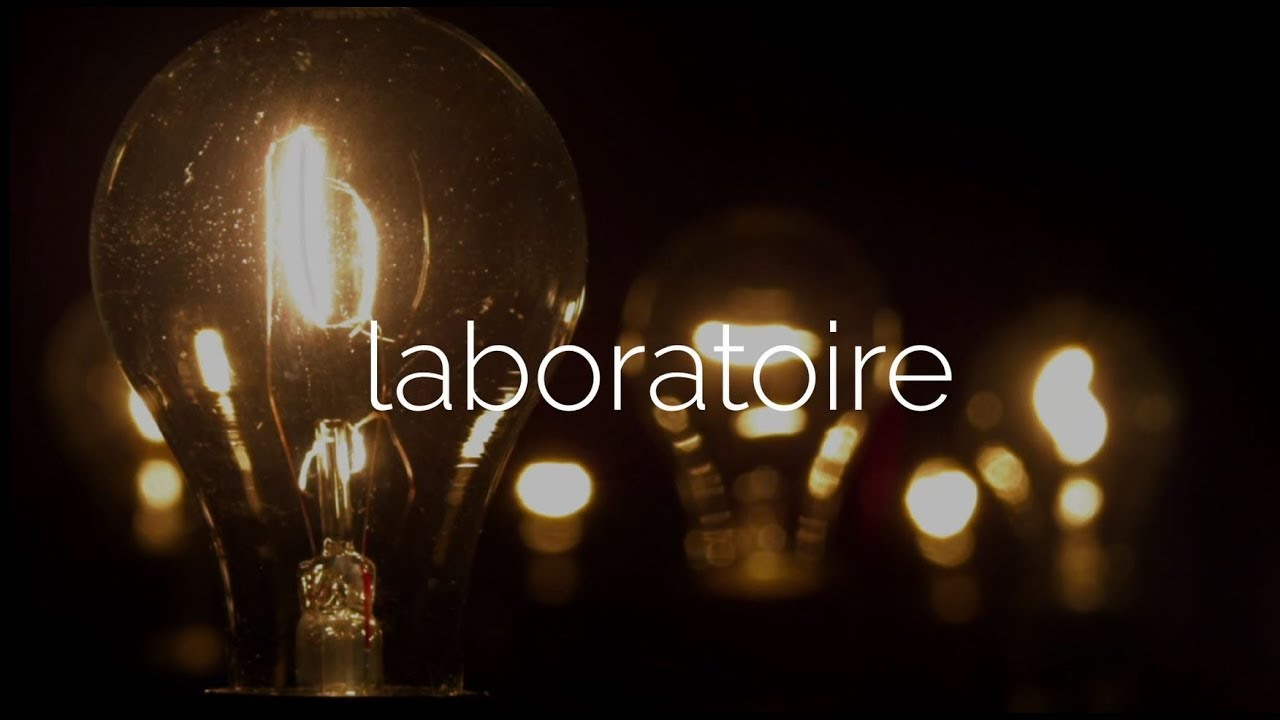Advisory powers
In its advisory role, the Autorité makes recommendations to the public authorities (government, parliament) when draft texts (laws, decrees) are written, reforms are prepared or in response to a crisis situation. It can also decide to at its own initiative to look into an issue and open sector-specific inquiries.
Through its opinions, the Autorité drives the definition of public policies and, in some cases, highlights unexplored or under-exploited growth opportunities.
In its advisory capacity, the Autorité uses its expertise to make a difference for all, by inspiring new reforms and providing guidance to economic stakeholders.

A quick guide to the advisory role of the Autorité de la concurrence (in French)
Who can ask the Autorité for an opinion?
The Autorité may be asked for an opinion on any competition issue and in advance of any reform or before a draft law or decree is written, by:
- the French government;
- the French parliament (parliamentary committees);
- local and regional authorities;
- professional bodies and chambers;
- trade unions;
- approved consumer organisations.
The Autorité may also be consulted by sector-specific regulators, e.g. the French electronic communication, post and print media distribution regulator (Autorité de régulation des communications électroniques, des postes et de la distribution de la presse – ARCEP), the French audiovisual and digital communication regulator (Autorité de régulation de la communication audiovisuelle et numérique – ARCOM), the French energy regulator (Commission de régulation de l’énergie – CRE) and the French transport regulator (Autorité de régulation des transports – ART), by virtue of certain specific legislative provisions.
Since 2009, the Autorité has also been able to decide to at its own initiative (ex officio) to look into an issue and open extensive sector-specific inquiries.
What are the different types of opinion?
Opinions to inform the public authorities
The French government and parliament frequently seek the opinion of the Autorité when draft texts and reforms are being prepared. In this context, the Autorité evaluates the potential impact of these texts on competition and provides an overall assessment.
Notably, the Autorité has carried out analyses on:
- contemporary music (2021);
- the audiovisual reform (2019);
- driving licences (2016);
- motorway concessions (2014);
- the railway reform (2013);
- the new organisation of the electricity market (2010).
The Autorité is also regularly asked by the public authorities to explore ways of improving the competitive functioning of a sector or of regions in difficulty:
- opinion on the reopening of cinemas (post-Covid) (2021);
- opinion on the functioning of the agricultural sector (2018);
- opinion on the crisis in the dairy sector (2009);
- opinions on the French overseas territories (problems related to the high cost of living [2019], fuel prices [2009], cost of building materials [2018], price differences compared to metropolitan France on consumer goods [2019]).
Sector-specific inquiries that prompt change
In addition to receiving requests for an opinion, the Autorité regularly conducts sector-specific inquiries at its own initiative. In these opinions, it analyses competition in the market concerned, and identifies any dysfunctions. In some cases, it may make recommendations to remedy the problems.
This power, acquired in 2009, means that the Autorité can be proactive, looking at strategic issues of significant economic importance or of particular interest to consumers.
The Autorité takes a particular interest in emerging problems and seeks to understand the challenges, such as algorithms and online advertising. It looks ahead to the future, in order to be able to draw on solid, in-depth knowledge when issuing decisions. See the sector-specific inquiries on “search” (2010) and “display” (2019) online advertising.
In the face of major changes in the payments sector, characterised in particular by the arrival of large digital platforms, the Autorité conducted an extensive sector-specific inquiry into Fintechs and issued an opinion identifying several areas for attention (2021). The Autorité also started inquiries at its own initiative to assess the competitive situation of the cloud computing sector (2022).
The Autorité reflects on how major costs for French consumers, such as automotive spare parts (2012), hearing aids (2016) and non-prescription medicines (2013 and 2019), might be reduced. It also looked at coach transport, which at that point was under-developed in France (2014); its conclusions were a major inspiration for the "Macron coaches” reform.

Hearing aids inquiry: ideas that made it through
In its opinion, the Autorité offers the following solutions:
- revitalise the market by removing the numerus clausus (arrival of new entrants);
- separate the sale of a hearing aid from follow-up services.
The Autorité is pleased that, since the publication of its opinion, the French government has taken up the issue. The issue of the cost of hearing aids was addressed in the “100% Health” reform, which resulted in a gradual reduction in out-of-pocket expenses for patients between 2019 and 2020, followed by full coverage by social security and supplementary health insurance as of 1 January 2021. The recommendation to relax the numerus clausus has also been followed, with the number of students to be admitted into the first year of preparatory studies for the State diploma in hearing-aid acoustics increasing from 200 for the 2016-2017 academic year to 298 for the 2021-2022 academic year (+49%).
These measures appear to have resulted in a significant improvement in the hearing aid adoption rate, which increased to almost 50% in 2021 compared to 34% in 2014. In a November 2021 report, the General Inspectorate of Social Affairs and the General Inspectorate of Education, Sport and Research noted that “France could very quickly become the country with the highest hearing aid adoption rate in the world, overtaking Denmark, whose rate of hearing aids (53% in 2018 according to Eurotrak) for the hearing-impaired population was previously considered a ceiling that was difficult to reach”.
For more details, see the report by the General Inspectorate of Social Affairs and the General Inspectorate of Education, Sport and Research, Evaluation of the Hearing Sector, November 2021 (in French).
Partial opening of the sale of visible spare parts to competition: a major step forward
In an opinion published in 2012, the Autorité recommended, after having reviewed how competition operates in the sector, that the monopoly held by manufacturers on visible spare parts should be lifted gradually and in a controlled manner, starting with glazing parts. The Autorité considered that opening up to competition would lead to a fall in the price of visible spare parts while ensuring that the sector operated more efficiently.
On the 10th anniversary of the Autorité in 2019, the Prime Minister, Edouard Philippe, adopted the proposed measure, which was enacted in 2021 in French law 2021-1104 of 22 August 2021 on combating climate change and strengthening resilience to its effects (“Climate and Resilience Law”).
The manufacture and marketing of visible spare parts will be liberalised in several stages. From 1 January 2023, intellectual property rights will no longer apply to glazing parts, regardless of the manufacturer, or to other parts manufactured by original equipment manufacturers (OEMs). From this date, manufacturers of glazing parts and OEMs of all other parts will be able to supply the independent channel. In addition, the protection period has been reduced from 25 years to a maximum of 10 years, after which manufacturers will no longer be able to benefit from a monopoly under industrial design rights or copyrights.
The Autorité welcomes this step forward for consumers and the dynamism of the automotive industry.

Guidance for economic stakeholders
The opinions issued by the Autorité can also have an educational dimension, helping to avert litigation by giving companies an analysis framework for potentially anticompetitive behaviour. Decision-makers are therefore clear about their potential risks and can adapt their strategy and change their behaviour, if necessary. The opinions on the online advertising sector (2010 and 2018) and joint purchasing agreements clearly illustrate this approach.

Opinion on joint purchasing agreements: a risk mapping for companies
Opinions on the regulation of the regulated professions
Since 2015, depending on the type of referral (freedom of establishment or rates), the Autorité may or must be asked for an opinion concerning seven regulated legal professions (judicial auctioneers, commercial court registrars, court bailiffs, court-appointed administrators, court-appointed liquidators, notaries, and lawyers at the French Administrative Supreme Court [Conseil d’État] and the French Supreme Court [Cour de cassation]).

Informing and anticipating: a look back at 10 years of action (in French)
Print the page
